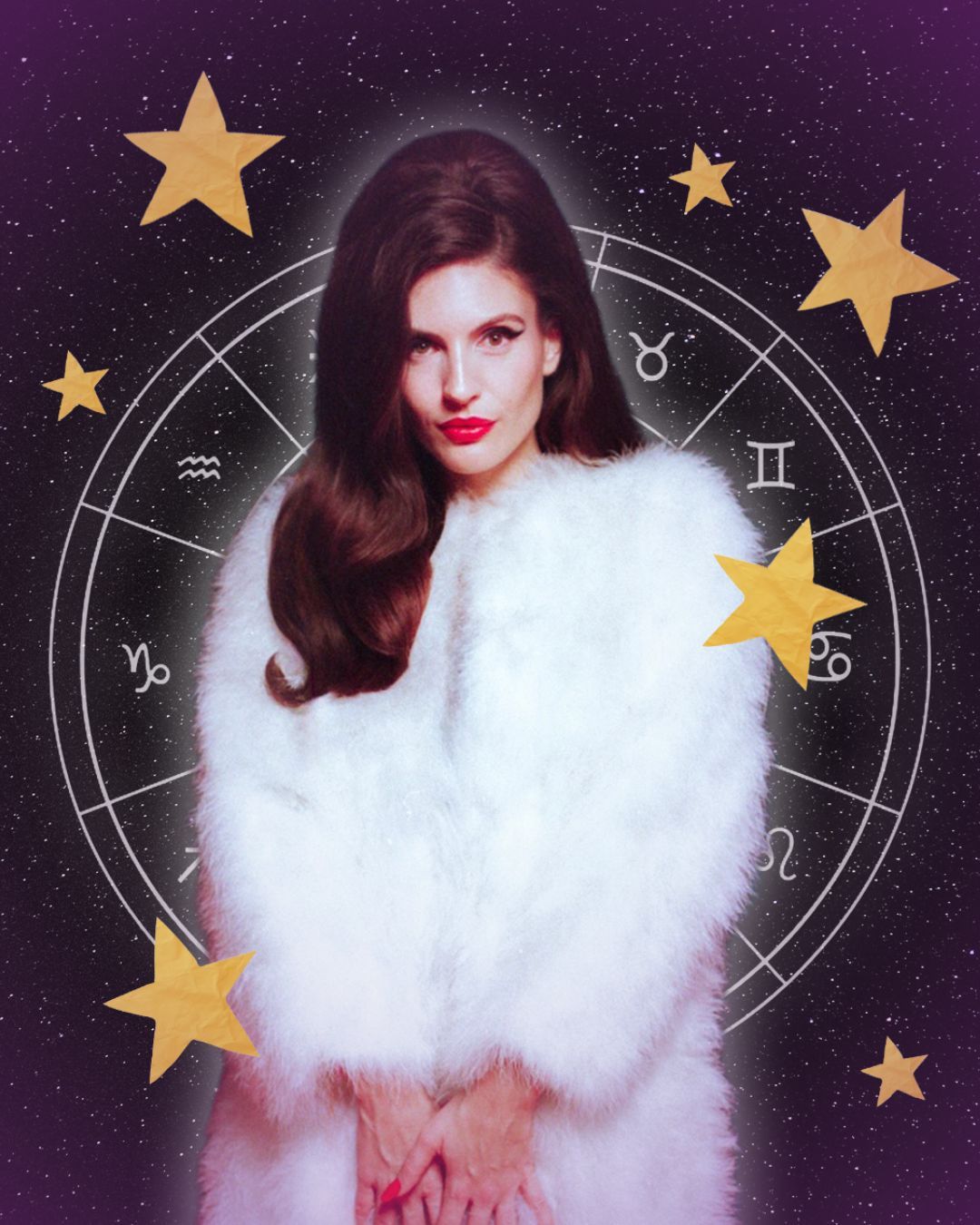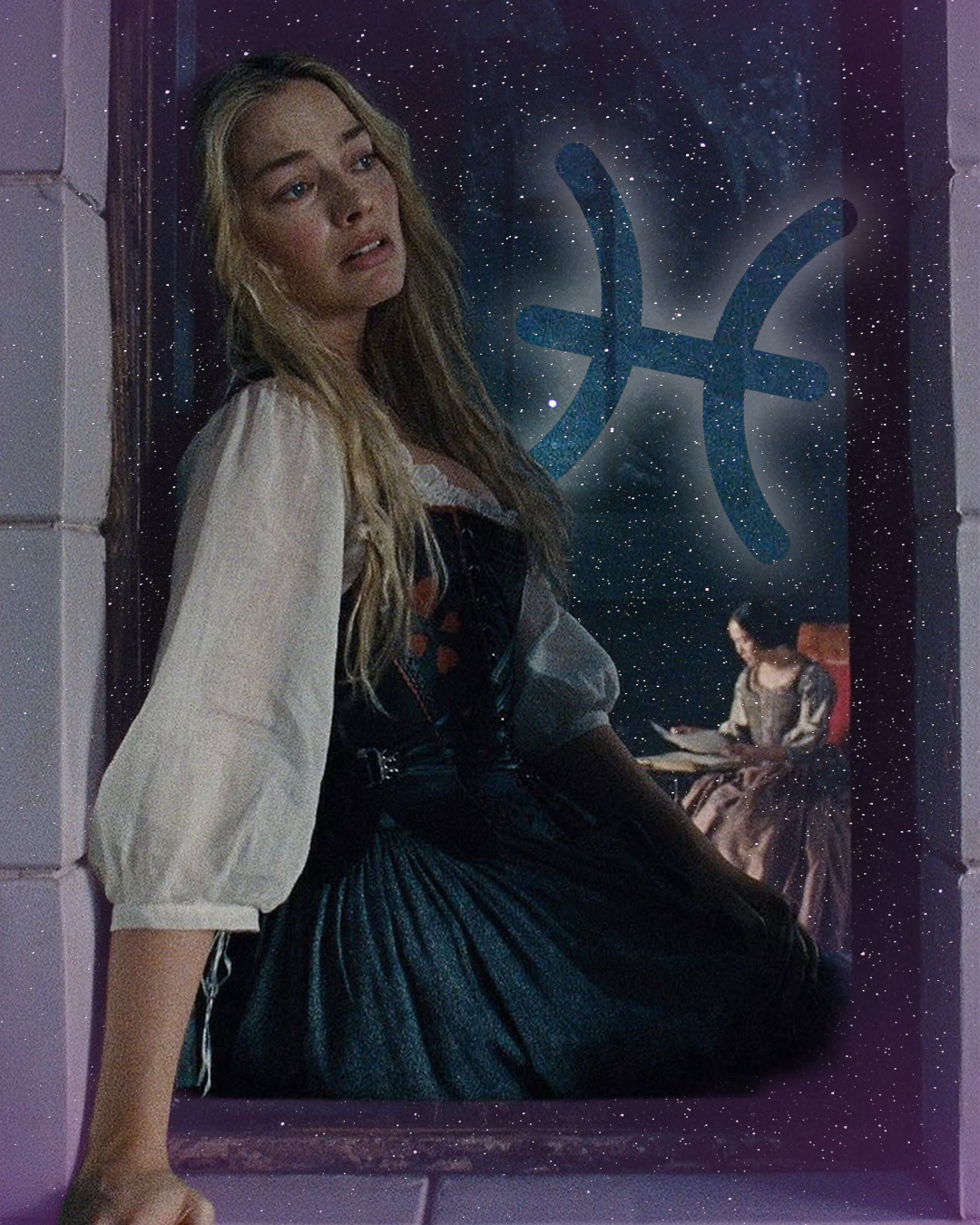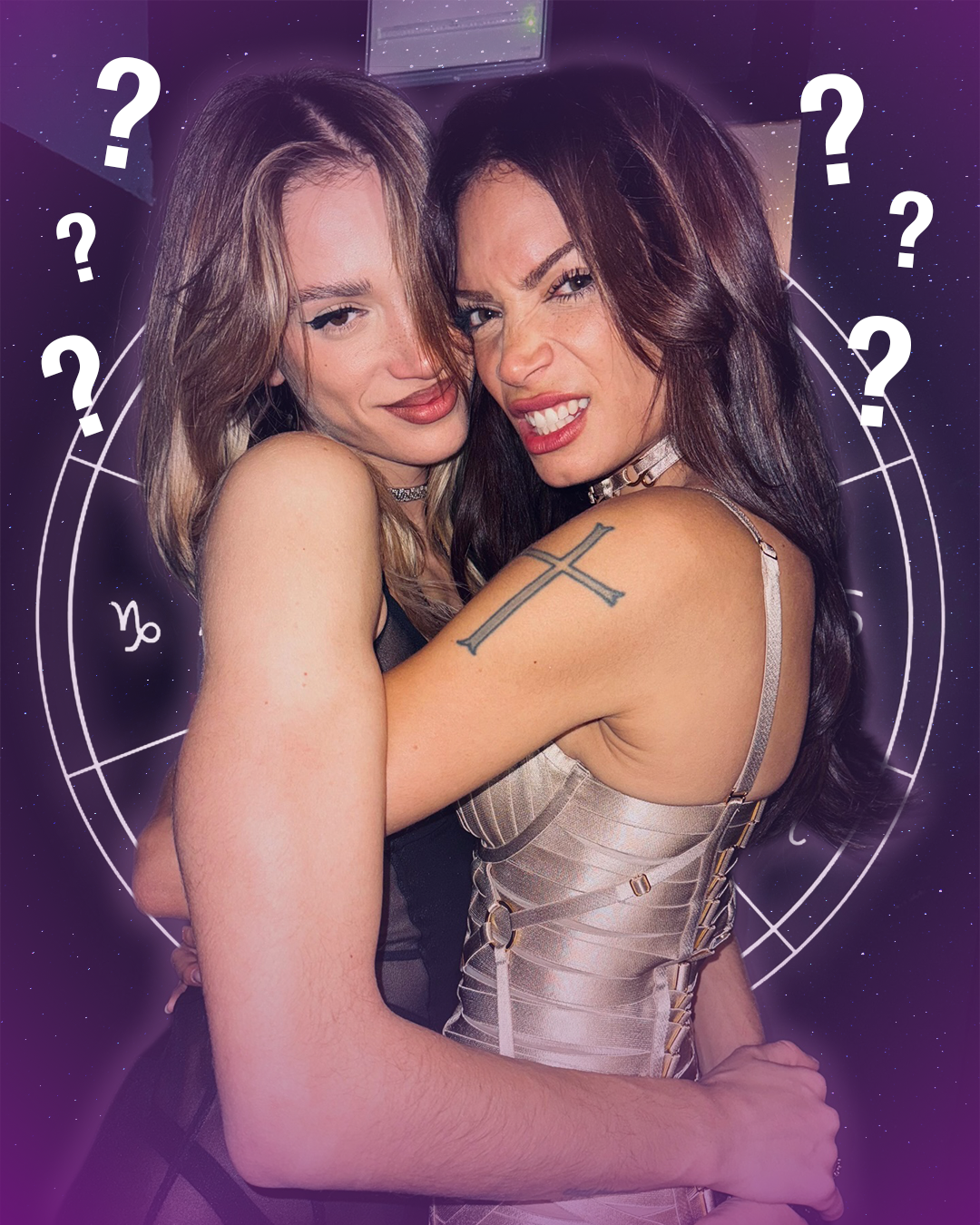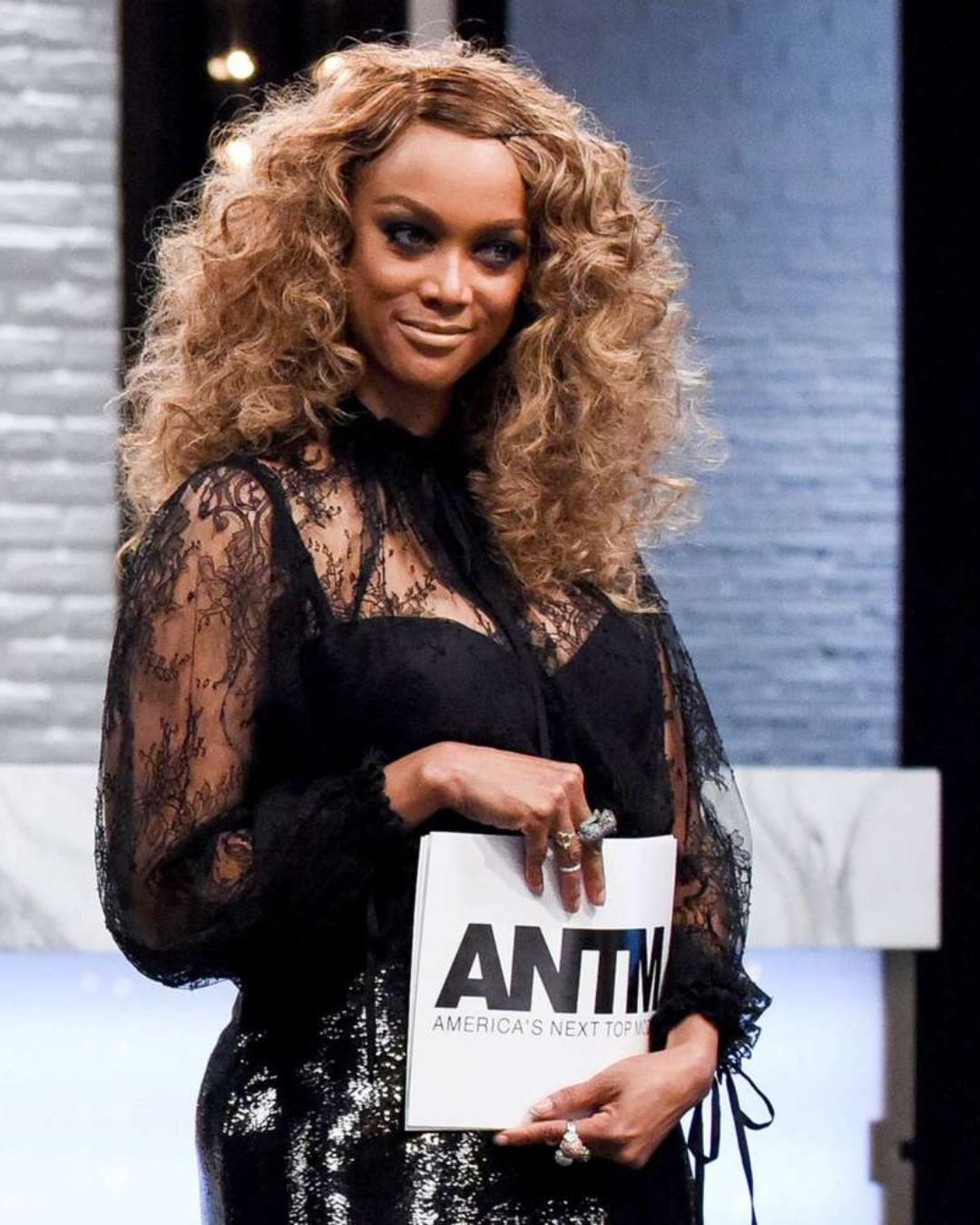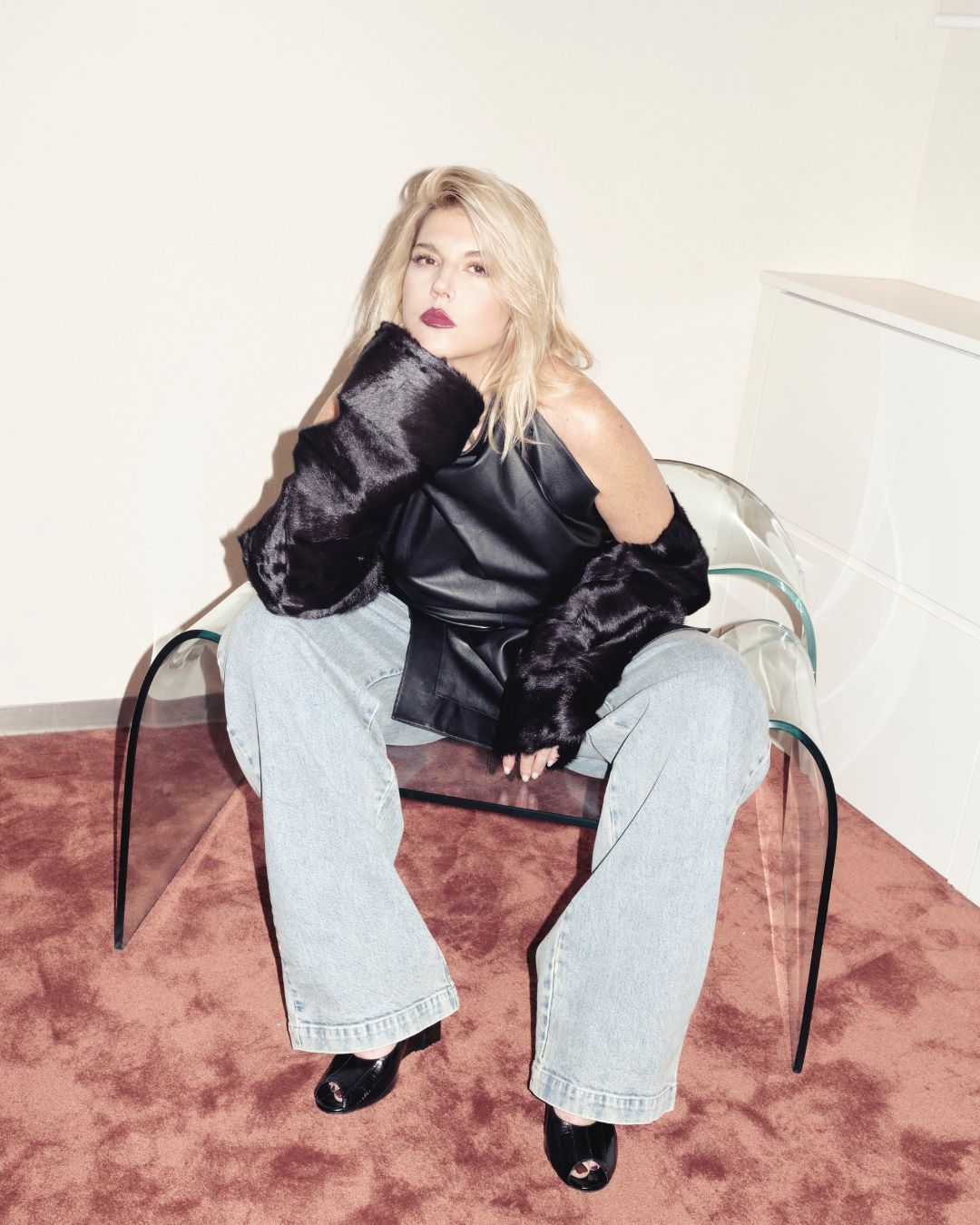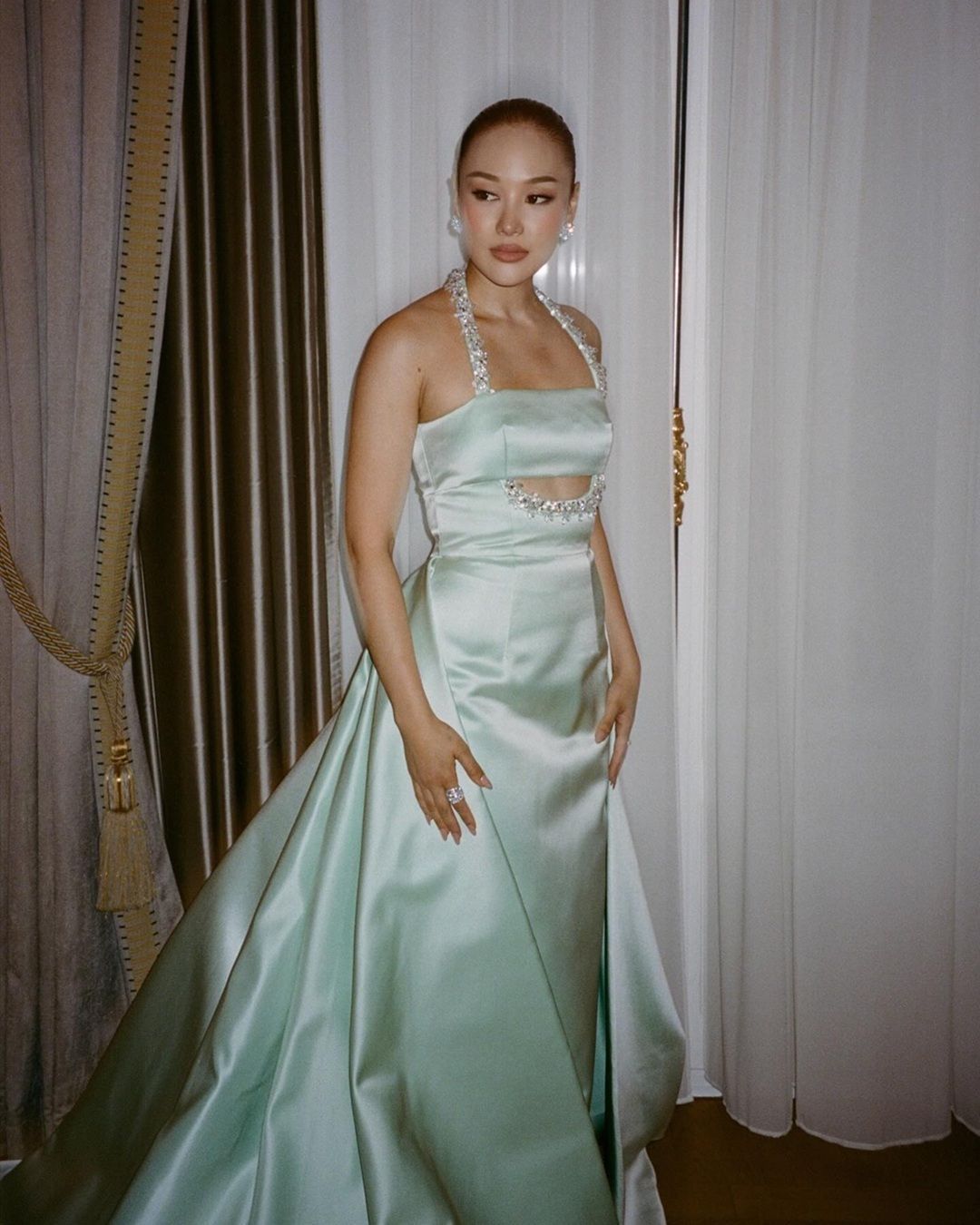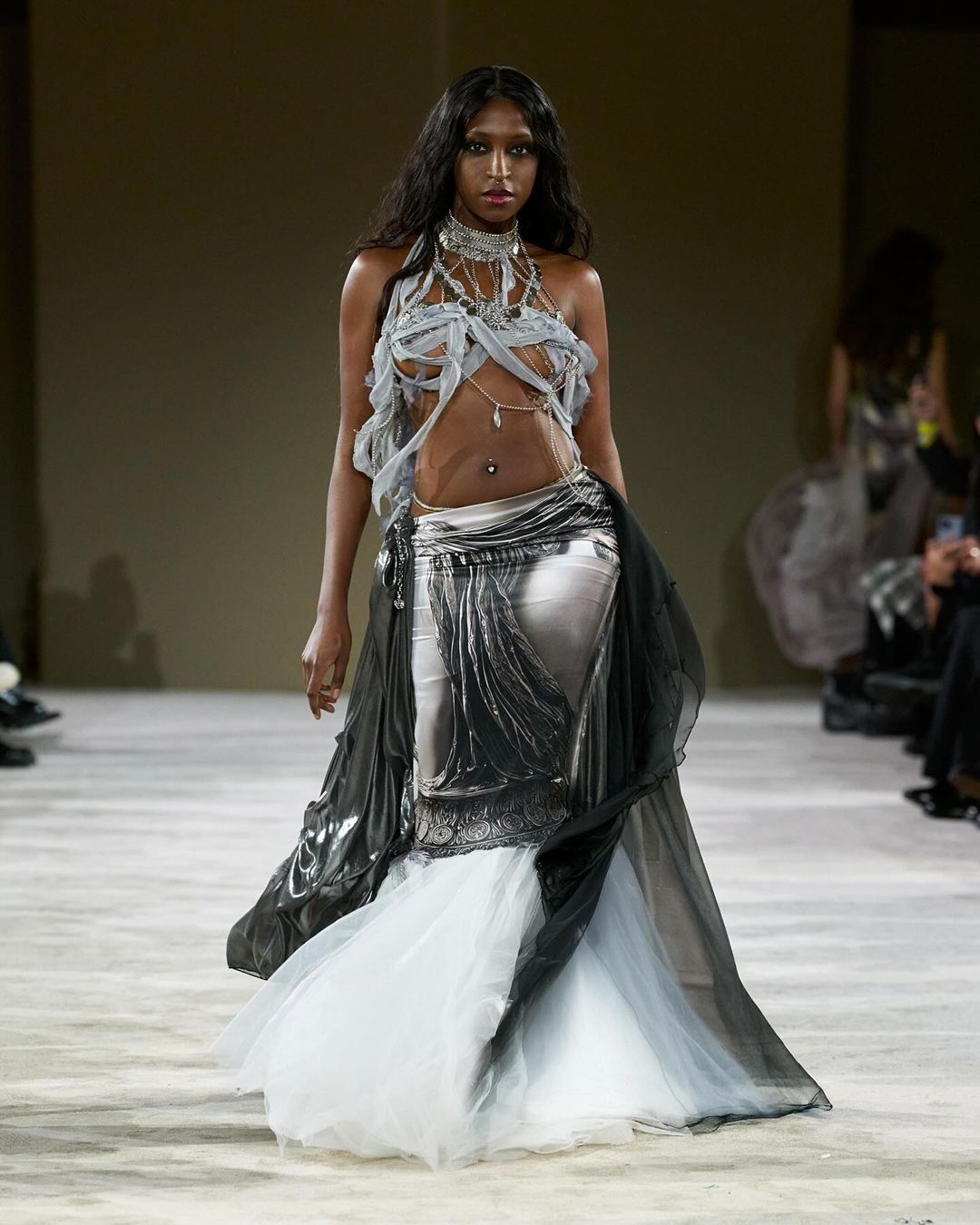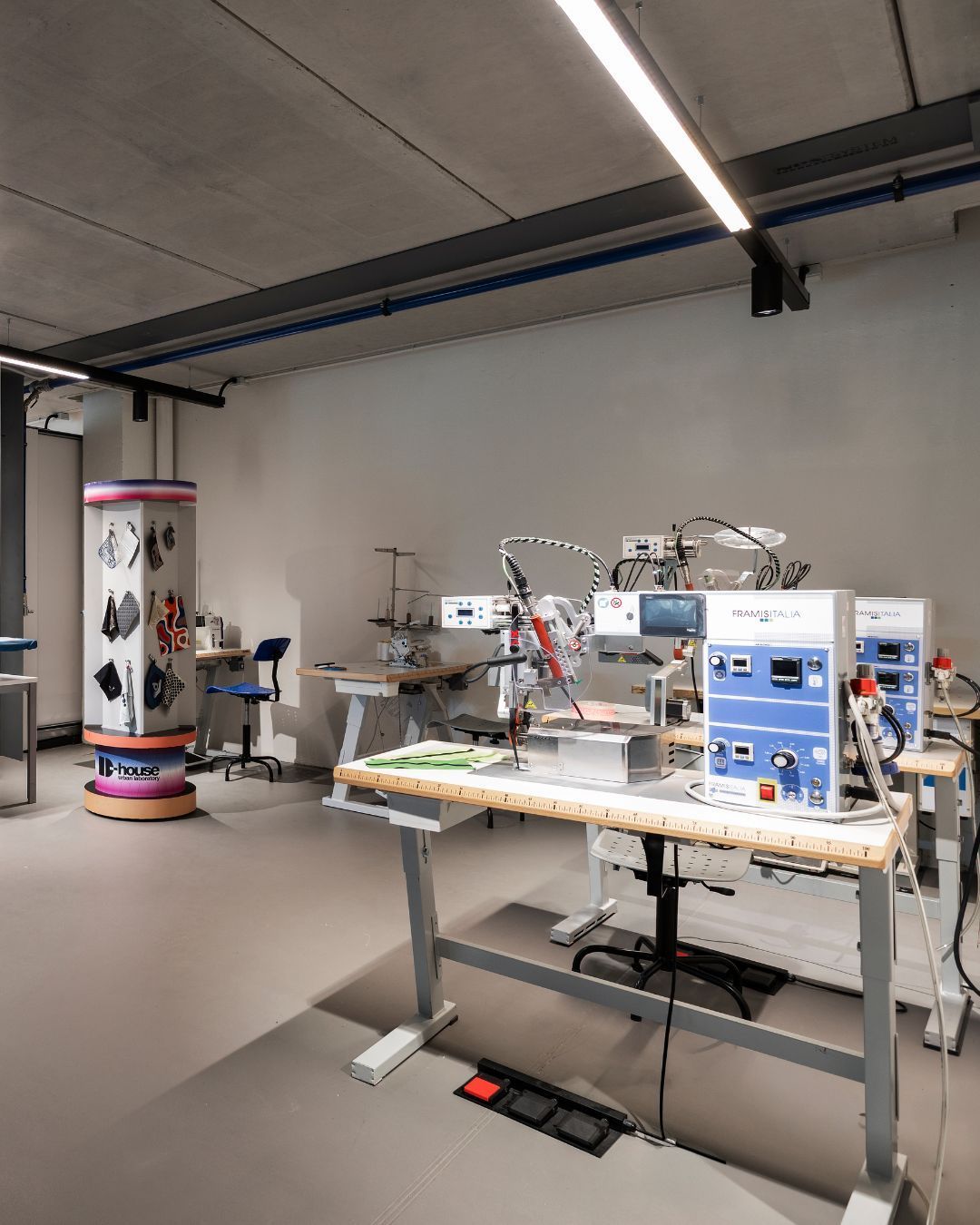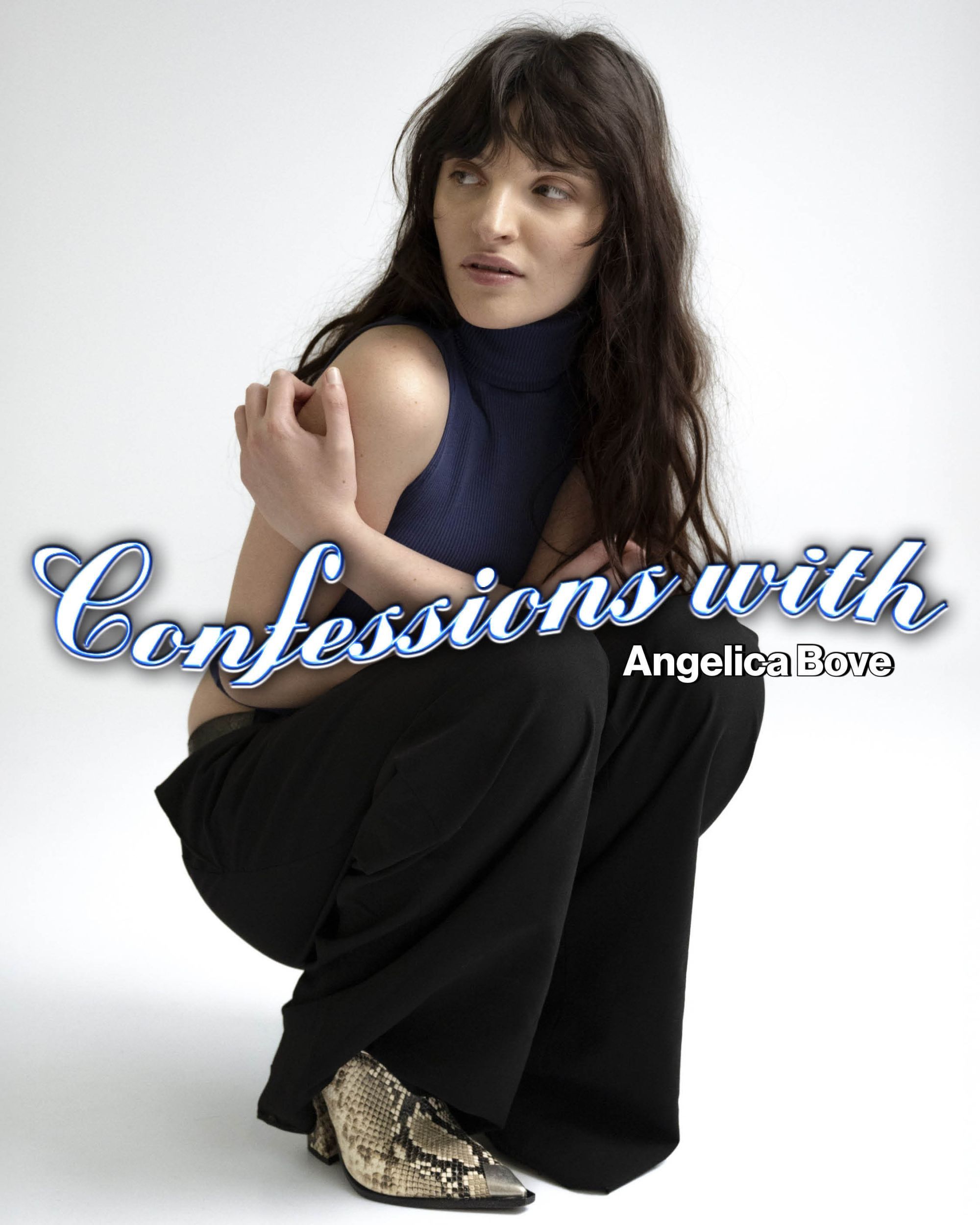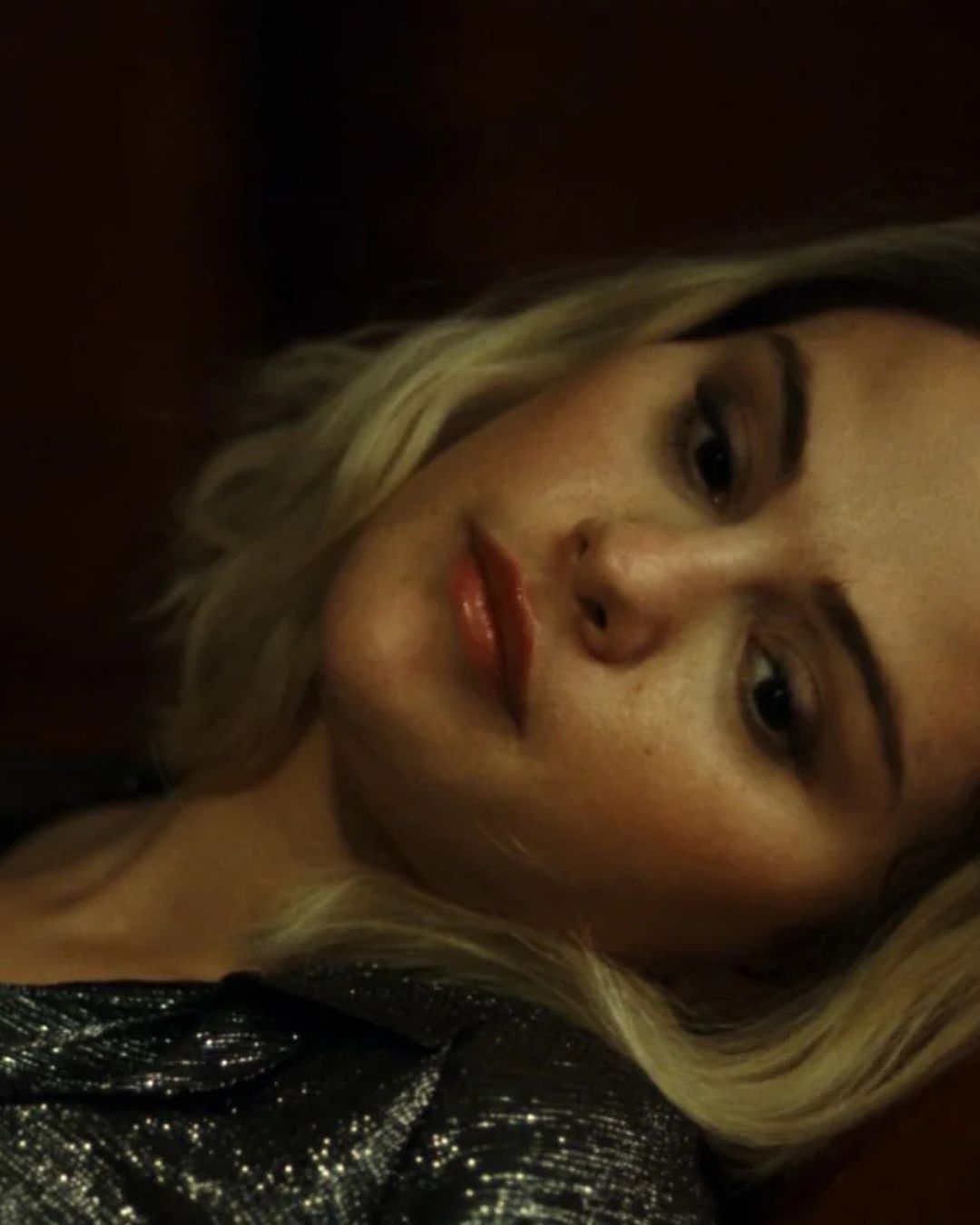
How Gucci challenged the concept of gender GUCCIFEST was the final step of a journey aimed at cancelling the differences between different genders
The GUCCIFEST took place from November 16 to 22, a festival that perfectly embodied the vision and the goals of the brand. Within the festival, among the artistic projects by 15 emerging designers, a mini-series directed by director Gus Van Sant and creative director Alessandro Michele was presented. With this mini-series, Michele has inaugurated a new fictional season of fashion, as he had already announced with Notes from silence, a declaration of intent and renunciation of seasonality typical of the fashion industry. And, in order not to succumb to the sleep of the language, he specified that he would use names linked to classical music (symphonies, rhapsodies, madrigals, nocturnes, concerts, minuets and, indeed, overtures). An overture is an instrumental composition that opens an opera, and which is usually performed with the curtain still closed. Thus was born Overture of something that never ended.
Alessandro Michele’s Poetics
A few weeks ago Andrea Batilla, former IED director, journalist and fashion writer, basically gave a lecture in a live broadcast on Instagram (which can be seen here on his IG-TV in Italian) on GUCCIFEST. The seven episodes of the Overture make up Alessandro Michele's poetics, effectively presenting the cornerstones on which Gucci is built, but also himself as a person and brand at the same time. The shorts are a dance of fireflies. And even just the use of the term "fireflies" is a programmatic and assertive choice that refers, on the one hand, to the article by Pier Paolo Pasolini and, on the other, to the theories of the philosopher Didi-Huberman. Already here you can see the cultured and intellectual references, but, as Batilla explains, each episode actually presents an intersection between academic culture and the pop world.
To understand how Alessandro Michele manages to make these two worlds talk to each other, which traditionally have always been relegated to the high/low culture dichotomy, just look at Episode 3, At the Post Office. In this short movie, we find Achille Bonito Oliva, art critic, academic and essayist, who telephones singer and superstar Harry Styles to talk about art and its variations. There is no distinction; art, in a broad sense, is democratic. And Alessandro Michele's eclecticism reaches everyone. GUCCIFEST, as a cultural product, has eliminated the distance between all types of knowledge and has found a language that allows anyone to speak, regardless of their erudition, according to a common cultural code. There is no doubt that the short movies feature super cultured quotes, really understandable only to a few people. But everyone can grasp its aesthetics. Here are some of the cultural references identified by Andrea Batilla:
Paul B. Preciado and the concept of gender in Gucci
In the first episode, At Home, while Silvia is stretching on the parquet, on television we hear a speech by Paul B. Preciado, one of the greatest contemporary exponents and philosophers of queer theory. Preciado's speech is studded with complex academic terms, but we can simplify them by summarizing the basic concepts. To understand the queer theory, first of all, it must be acknowledged that each is made up of at least three components: biological sex (traditionally determined by the genitals, primary and secondary), sexual orientation and gender identity.
Preciado starts from the 16th century when the difference between the sexes began to be outlined from a binary perspective. It practically means that from that moment on the biological-sexual opposition between the bodies of woman and man was invented, and all the bodies placed in the middle were referred to as hermaphrodites and, only later, intersex. From here, then, he analyzes the difference between sexual orientations, in particular between straight and homosexual. This distinction, according to Preciado, dates back to 1868 and was used to distinguish bodies that could biologically reproduce and non-reproductive ones. This whole premise serves to explain how, in reality, all these distinctions are actually social constructs, that is, society over the centuries has built itself according to chosen and unnatural historical norms. This binary model (ie diametrically opposing man/woman, hetero/homosexual and so on) has always excluded the subjectivities in between. Queer theory, at least starting from Judith Butler's philosophy, has questioned the nuances between these two poles. Preciado thus notes that subjects such as demisexual people, genderfluid, non-binary (etc.) have always been considered monsters. But now we’re living the process of reversal of that logic of oppression, we are experiencing a time when the monsters are in the spotlight.
Sensitivity on these topics has grown in recent years, especially among Millennials and Gen-Z, and obviously, brands have noticed it. Rainbow-washing consists of all marketing or social activities aimed at presenting brands and companies as LGBT+ friendly, with the aim of increasing public consensus. More and more companies try to show themselves open to these issues, intercepting what is considered a trend. But fluidity is not a fashion, but at the same time it can be one of the values on which to base one's creative process, and this is precisely the case of Alessandro Michele and therefore of Gucci.
As early as 2017, Michele had said that he would propose both the women's and men's collections in a single show because it made no sense for him to reiterate gender differences even on a stylistic level. In 2019 he produced with Irregular Labs The Future is Fluid, directed by Jade Jackman: It tells a story of blurred lines and borders, a story that lives in the space between - between languages, cultures, time zones, and binaries. One told by the voices of the next generation that are (re)defining our world through a prism of fluidity. And, again, for the early 2020 fashion show, Alessandro Michele had published a manifesto against toxic masculinity. Or when he presented the genderless section on the brand's website, called MX. In short, Gucci has always transmitted its value system, breaking the patriarchal mechanisms and binary norms, even though the bodies of its own models. And also in the mini-series of the festival, the freedom to be whoever you want is celebrated, from the 1961 Jackie worn by actor Jeremy O. Harris (ep. 6) to the final outfit by Silvia Calderoni.
You can judge a book by its cover
Over the years Gucci has shown that a dress is never just a dress, but encompasses personal, social, sexual, political, ethical and, of course, also aesthetic discourses. Even Preciado, in an interview on the GUCCIFEST website, said that fashion has contributed historically to construct the social and political differences between masculinity and femininity. Even the act of wearing trousers acquires a profound meaning both for the male and, subsequently, for the women. "Fashion is a ‘place’ where the meaning of gender and sexuality is constantly negotiated", and in fact in films (but also outside) Michele renegotiates gender expectations, using clothing freely.
The basic concept of the mini-series can be found in a dress. In the first episode Silvia Calderoni, performer, actress and author, throws a dress from the balcony. That one is a dress from the F/W 2015 collection, the first one designed by Alessandro Michele for Gucci. This is the emblem of the overture, a gesture that represents "the beginning of something that has never really come to an end", and in fact, that dress was not ended in 2015, but was included in the new collection. Yet, at the same time, Preciado comments on this launch saying that throwing the dress is almost like letting go of one of the main signifiers of female gender in terms of fashion. Therefore it is also letting it fly and be reappropriated freely by any other body, whatever gender, female, male or non-binary.
Preciado was assigned female sex/gender at birth and grew up according to the gender regulatory code at least until, thanks to the radical feminist liberation process, he started with testosterone injections. He defines himself as transgender but does not consider himself to be a man, a woman, nor a straight, gay, or bisexual. As he also points out in the speech in ep.1, he considers himself a dissident of the gender/sex system. Summarizing his history more than briefly, one can also understand another sentence pronounced in the interview cited above: "Maybe it is also because I am trans, but I love men wearing dresses. I think dresses for men should be the outfit for this revolution we are living". And it is undeniable that Harry Styles' styling by Gucci refers to this theory.
However, Gucci has not only sided in favour of this openness to fluidity in the gender/sex system. The audience as well is slowly moving towards those companies that are able to speak well of the most sensitive topics (sustainability, humanization, self-expression, diversity and inclusion). And it is a fundamental turning point because previously fashion companies did not have to expose themselves and interact with their consumers on these issues. Alessandro Michele, and Gucci consequently, has always managed to take sides according to his values, in a system that is culturally considered a pop, but in which he has even been able to insert Foucault's concept of biopolitics (not without controversy of course). Thus he loaded the practicality and concreteness of the clothes with all the abstract of a contemporary philosophical theory.
Watching these seven episodes, we can all agree with the American writer William Gibson: The future is already here, it's just not evenly distributed. Because, in fact, it seems that Gucci is the only brand to have really understood this.





